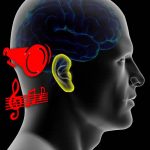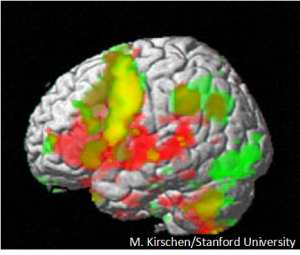
Does it affect life at home, at school or at work?
Take 5 minutes to complete the Warning Signs Checklist and discover whether you or your child could have learning difficulties that are impacting your life, and what to do about it.
Take The Free Warning Signs Checklist!
Last week I kicked off a series of articles looking at six different types of memory and how they work. From elementary students to adults, many suffer from memory weaknesses without realizing it. Breakthroughs assesses six different types of memory and this article is the second in a series of blogs about each type, and how they affect our lives. Last week we looked at two types of visual memory. This week we will introduce two different types of Auditory Memory and finish up Auditory Memory next week.

Have you ever had an argument with someone over what they did or didn’t say? Chances are one of you was incorrect right? Today we will begin to look at the two types of memory likely responsible for that disagreement, Long Term Auditory Storage, and Long Term Auditory Retrieval.
These are some warning signs that Long Term Auditory Memory may not be functioning well.
If you struggle to:
Of course, there can be other causes for these challenges such as auditory discrimination, listening comprehension, focus etc., but auditory memory is a problem seen from Grade 1 through to our senior citizens.

This fMRI brain scan shows different areas of the brain responsible for memory. Green areas are used in visual memory, red areas are used for auditory memory and yellow areas are used for both. Remember, we’re focusing on auditory memory for now.
At Breakthroughs, Long Term Auditory Memory is separated and assessed as two types, auditory storage and auditory retrieval. The storage score indicates the brain’s ability to store and retain auditory details. The retrieval score indicates the brain’s ability to pull that information back to the conscious mind from storage when needed.
Next week we will continue our discussion of these Auditory Memory systems and hear some real life stories. Stay tuned!
Subscribe to our newsletter and receive regular articles and resources to help you or your child perform better at school, home or work.
suscribe now
Post Your Comment Below